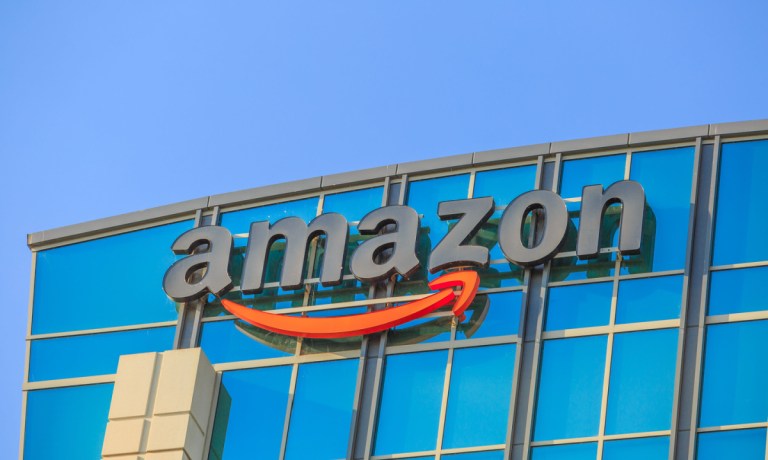Amazon Scales Back Private-Label Business

Amazon is reportedly scaling back its private-label business and cutting dozens of its in-house brands.
The move comes as the retail giant fights to stave off antitrust actions, shore up profits and cut costs, The Wall Street Journal (WSJ) reported Thursday (Aug. 10).
In a statement provided to PYMNTS, Matt Taddy, vice president of Amazon Private Brands, said: “We always make decisions based on what our customers want, and we’ve learned that customers seek out our biggest brands — like Amazon Basics and Amazon Essentials — for great value with high quality products at great price points.”
The statement continued, “We’re thoughtful about our private brand selection, and if there are products that aren’t resonating with customers, we deprecate those items and look for other opportunities to better meet their needs.”
The company will retain Amazon Basics and Amazon Essentials, but it is phasing out several other house brands, according to the WSJ report.
In the past year, Amazon has decided to eliminate 27 of its 30 clothing brands and plan to retain only the remaining three, the report said. It is also phasing out two of its private-label furniture brands — Rivet and Stone & Beam — once its stock of items from those brands is sold out.
The company had 243,000 products across 45 different house brands in 2020, according to an Amazon disclosure, per the report. After cutting the number of house brands to fewer than 20, Amazon has also retired tens of thousands of products they used to encompass.
The report attributed these moves in part to Amazon’s coping with an investigation and facing an antitrust lawsuit expected to be filed by the Federal Trade Commission (FTC).
In addition, during the post-pandemic downturn in eCommerce sales, Amazon has been reducing costs by cutting back on businesses and products that are unprofitable, according to the report.
It was reported in July 2022 that Amazon could be getting out of the private-label business, which only accounts for 1% of its sales. The WSJ reported at that time, too, that the retailer was considering the move partly because of poor sales and partly to get out from regulatory pressures in both the U.S. and Europe.